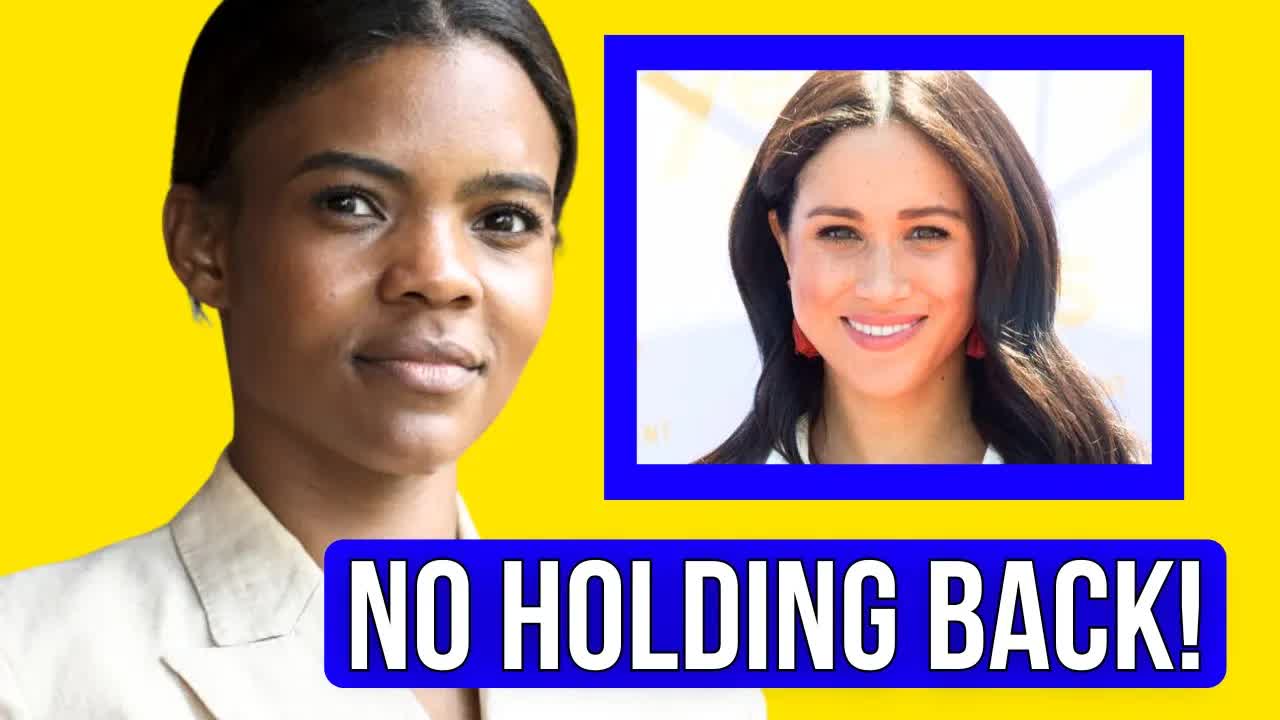After a tumultuous exit from Spotify, Meghan Markle and Prince Harry are making headlines once again with their new podcast partnership with Lemonada Media.
This collaboration marks their return to the audio landscape following the cancellation of their previous show, “Archetypes,” which Spotify deemed unsuccessful.
The couple faced significant backlash after Spotify executives criticized them, alleging a lack of talent and a reluctance to engage in the necessary work.
Such comments ignited a firestorm of debate about whether Meghan and Harry were merely cashing in on their royal status without delivering meaningful content.
Now, with Lemonada Media—a company recognized for its progressive storytelling—the couple is getting a second chance.
Meghan is set to re-release episodes of “Archetypes” and eventually expand into new material.
While she has expressed enthusiasm about this opportunity, the decision to start with previously aired content raises eyebrows.
Is this truly a fresh beginning, or simply a way to recycle old ideas?
Critics have not only targeted Meghan’s podcasting efforts but have also scrutinized her self-styled feminist image.
Despite her public persona as a champion for women’s rights, many believe her activism feels disconnected from the real challenges women encounter daily.
Accusations abound that her feminist messaging is more about self-promotion than genuine advocacy, especially given her high-profile collaborations with icons like Gloria Steinem.
Some argue that her efforts seem more focused on enhancing her celebrity status rather than addressing pressing feminist issues.
The media’s portrayal of Meghan and Harry isn’t just limited to their podcasting endeavors or Meghan’s feminist stance.
Their Netflix documentary has stirred controversy, suggesting that Meghan emotionally manipulates Harry by leveraging his grief over the loss of his mother, Princess Diana.
This narrative has led some to view Harry as a pawn in Meghan’s quest for fame, raising questions about the authenticity of their relationship and the motivations behind their public decisions.
As Meghan and Harry attempt to re-establish themselves in the podcasting realm, they do so amid a cloud of skepticism.
Many wonder if this new deal will allow them to reclaim their credibility or if it’s merely another effort to exploit their royal ties.
Critics are quick to point out their past missteps, suggesting that this latest venture may end up mirroring their Spotify downfall.
In a parallel discussion, the U.S. media’s portrayal of Ukrainian President Volodymyr Zelensky has come under fire.
An interview conducted by CNN’s Aaron Burnett has been criticized for lacking critical inquiry, with observers noting that the media often glorifies Zelensky while ignoring pressing issues within Ukraine, such as allegations of corruption and ethnic cleansing.










